In recent years, a powerful shift has emerged in how people travel, live, and work. The “van life” movement, fueled by a desire for freedom, affordability, and simplicity, has given rise to a growing group of individuals choosing to sleep in their vehicles. According to a study by the Recreational Vehicle Industry Association (RVIA), van ownership in the U.S. grew by over 35% between 2019 and 2024, while surveys consistently show that a quarter of full-time travelers spend at least part of their time sleeping in cars. Arizona—with its varied landscapes, national parks, and attractive year-round climate—has become an epicenter of this trend.
As of 2025, an estimated 15,000 to 20,000 people are living full-time or part-time out of vehicles in Arizona. But while the lifestyle offers freedom and flexibility, it raises important legal questions. What are the rules around sleeping in your car? Is it legal to park overnight on city streets or in rest areas? What rights do travelers have—and where do they risk citation or towing?
This article provides a comprehensive overview of the legality of car sleeping in Arizona in 2025. It explores state laws, city ordinances, and best practices to help van-lifers, road-trippers, and budget-conscious travelers navigate the regulations and stay safe.
Why Arizona Attracts Car Sleepers
Arizona appeals to car sleepers for several compelling reasons:
-
Geographic diversity. From the red sandstone of Sedona and the Grand Canyon to the evergreen forests of Flagstaff, Arizona offers highly diverse landscapes—all accessible by road.
-
Mild winters. With average December temperatures in Phoenix around 65°F (18°C), Arizona is a top destination for snowbirds seeking refuge from northern winters.
-
Outdoor recreation. The state features hundreds of miles of trails, four national parks, and abundant public lands, making it a magnet for hikers, climbers, and outdoor enthusiasts.
-
Affordable cost of living. Compared to California or coastal states, Arizona offers lower living costs. Roughly 10% below the national average.
-
Remote working infrastructure. Even in the desert, many areas now offer widespread 4G/5G coverage, allowing remote work while on the move.
These factors make Arizona an appealing destination—but also a place where the clash between car-sleepers and local rules is increasingly evident.
Legal Framework Governing Car Camping in Arizona
Arizona’s legal approach to car sleeping is shaped by a combination of:
-
State laws governing public land and highways
-
City and county ordinances on overnight parking
-
Federal regulations on national forests, parks, and BLM land
Your rights to sleep in your car vary depending on where you park—on a city street, a freeway rest area, or federal land. Awareness of that distinction is critical.
Municipal Regulations: City-by-City Overview
Phoenix
-
Residential curbside parking: Overnight parking is legal unless prohibited by signs (e.g., street sweeping, snow zones). Some neighborhoods, like Arcadia and Central City, have restrictions during special events.
-
Commercial zones & business lots: Parking overnight without permission can result in towing or fines up to $250.
-
Rest areas & freeway parking: No designated freeway rest areas in Phoenix limits options for overnight stays.
-
Enforcement: Enforcement is inconsistent — some neighborhoods see routine towings while others allow occasional overnight stays.
Tucson
-
Residential areas: Most streets allow overnight parking unless specifically restricted.
-
Commercial/industrial lots: Require permission or risk towing and fines ranging from $50 to $200, depending on the property owner.
-
Public parking lots: Some areas, such as Reid Park or the Mercado District, prohibit overnight stays under municipal code 13-30.
-
City outreach: Tucson hosts a “Safe Parking Program” offering designated lots for RVs and cars at churches and non-profits in exchange for community guidelines.
Flagstaff
-
Tourist hotspot: High demand has led to stricter regulations, especially since Flagstaff is a gateway to Grand Canyon and Coconino National Forest.
-
Downtown: Curbside parking overnight is allowed on most streets unless posted otherwise. However, new limits (2–3 nights per week) were introduced in 2024.
-
Public facilities: Some municipal lots are designated for overnight parking and monitored through the “Nomad Friendly Flagstaff” initiative.
-
National Forest: Within city limits, municipal rules apply. Outside, forest service regulations—generally allowing up to 14 days—overrule.
Yuma
-
Border-crossing city: Heavy tourist and commercial traffic has prompted local restrictions on roadside sleeping.
-
Downtown and residential zones: Overnight parking is permitted unless restricted by signs.
-
Industrial & border zones: Strict enforcement with towing across major corridors.
-
Public lots: Yuma’s city code 10-55 prohibits camping, including sleeping in a vehicle, in city-owned public lots.
Key Arizona State Laws Affecting Car Sleeping
Arizona Revised Statutes contain no specific law that prohibits sleeping in your car. However, several regulations impact where and how you do so:
-
Vehicle abandonment. Leaving a vehicle idle for prolonged periods may be considered abandoned, allowing authorities to tow.
-
Trespassing statutes. Parking on private land without permission is classified as criminal trespass.
-
Public camping regulations. Arizona Law Title 23 outlines rules for camping on public lands, requiring permits if using a vehicle as a dwelling near state parks or wildlife areas.
State regulations defer heavily to local jurisdictions, leaving most parking and camping laws in the hands of cities, counties, and federal entities.
The Role of Private Property and Overnight Parking
Always assume private property is off-limits without permission. Key takeaways:
-
Big-box stores & retail lots:
-
Many retailers tolerate overnight parking (e.g., Walmart, some C-Stores), but do not sleep in your car.
-
Policies vary—call the store manager and/or follow posted rules.
-
-
Hotel & motel parking:
-
Reserved for registered guests. Unauthorized parking may result in towing.
-
-
Private campgrounds/RV parks:
-
Offer legal, documentable overnight stays for a fee (typically $15–$40/night, depending on location and amenities).
-
Checking signage, getting written permission, and knowing property rules are essential to avoid conflicts or citations.
Safety Considerations and Tips for Sleeping in Your Car
Sleeping in a car poses unique risks. For your safety and well-being:
-
Choose safe, well-lit locations. Truck stops, 24-hour gyms, rest areas, or safe-parking lots are preferable.
-
Leave an emergency exit. Park where doors or windows can be easily opened if needed.
-
Stay comfortable. Weather in Arizona can dip below freezing at night, especially in Flagstaff. Insulated curtains, a quality sleeping bag, and a little airflow can prevent frost and condensation.
-
Stay hydrated and fed. Carry water, non-perishable snacks, and a portable stove if cooking is permitted.
-
Maintain hygiene. Use public showers at truck stops, gyms, or fee-based shower facilities at campgrounds.
-
Secure your vehicle. Keep valuables hidden and lock your doors; don’t leave passengers unconscious or unsupervised inside.
Taking these precautions ensures a safer, more comfortable stay.
Community Support, Resources, and Advocacy Groups
Arizona hosts several programs and advocacy groups supporting car-sleepers and homeless individuals:
-
Unified Community Advocacy (UCA), Tucson: Offers small safe-parking lots for van dwellers, along with access to bathrooms and resource referrals.
-
Flagstaff Homeless Coalition: Works to establish harm-reduction parking areas in weekends and low-season periods.
-
Arizona Van Life Meetups: Monthly group gatherings to share tips on legal parking, maintenance, and community values.
-
AZ DOT Travel Information Centers: Adjacent to highways like I-10 and I-17; some allow up to 8 hours of parking/day—but no overnight parking unless designated.
These organizations help travelers find legal solutions and reduce friction with enforcement.
Alternatives to Car Sleeping: A Safe and Legal Path
For those hesitant to risk fines or discomfort, consider:
-
Public campgrounds
-
Arizona State Parks (e.g., Kartchner Caverns, Dead Horse Ranch): $15–$30/night for vehicle camping.
-
USFS & BLM dispersed sites: Typically free, but abide by 14-day maximum stays and ‘leave no trace’.
-
-
Commercial RV parks
-
Provide hookups and amenities: $25–$50/night, depending on location and time of year.
-
-
Peer-to-peer parking platforms
-
Apps such as Park4Night and Harvest Hosts let you find welcoming hosts—farms, wineries, private properties—for overnight stays, often in exchange for a fee or wine purchase.
-
-
Overnight gym/workspace memberships
-
Chains such as 24-Hour Fitness, Planet Fitness, and WeWork offer all-day access with shower facilities.
-
These alternatives often provide greater comfort, community, and legal peace of mind.
What Lies Ahead: Trends and Regulatory Shifts in 2025
As van life and car-sleeping grow in popularity, Arizona is adapting:
-
Expanded safe-parking programs.
Tucson and Flagstaff are testing expanded lots focused on hygiene stations and community reporting tools. -
New ordinances targeting “stealth camping.”
Cities like Phoenix and Scottsdale are drafting rules restricting sleeping in cars for osmotic zoning—targeting specific high-traffic neighborhoods or tourist corridors. -
State-level discussions.
A proposed Arizona bill (SB 1520, introduced mid-2024) aimed to prohibit sleeping in vehicles on state-maintained rest areas. While the bill stalled in late 2024, variants for 2025 could emerge. -
Technology-based enforcement.
Automated cameras detecting length-of-stay are being piloted in Phoenix suburbs, leading to warnings or citations for over-long curbside parking.
These developments suggest that while car-sleeping remains legal, it faces growing regulatory scrutiny.
Conclusion: A Balanced Approach to Car Sleeping in Arizona
Car-sleeping in Arizona offers undeniable benefits—freedom, affordability, and access to spectacular landscapes. In 2025, it remains mostly legal, provided you understand the rules:
-
State law doesn’t explicitly forbid sleeping in vehicles, but places heavy emphasis on local ordinances.
-
Cities—Phoenix, Tucson, Flagstaff, Yuma—differ in their rules: know the signage, curbside rules, and safe-parking options.
-
Private property comes with risk unless you have permission.
-
Federal land can offer legal options, subject to national-forest or BLM camping rules.
-
Safety and hygiene require proactive planning—from weather-proofing to locating showers and water.
The rise of supportive programs, combined with emerging enforcement models, demonstrates a growing balancing act between traveler needs and community concerns. Staying informed, respectful, and prepared is the key to making car-sleeping a rewarding and lawful experience.

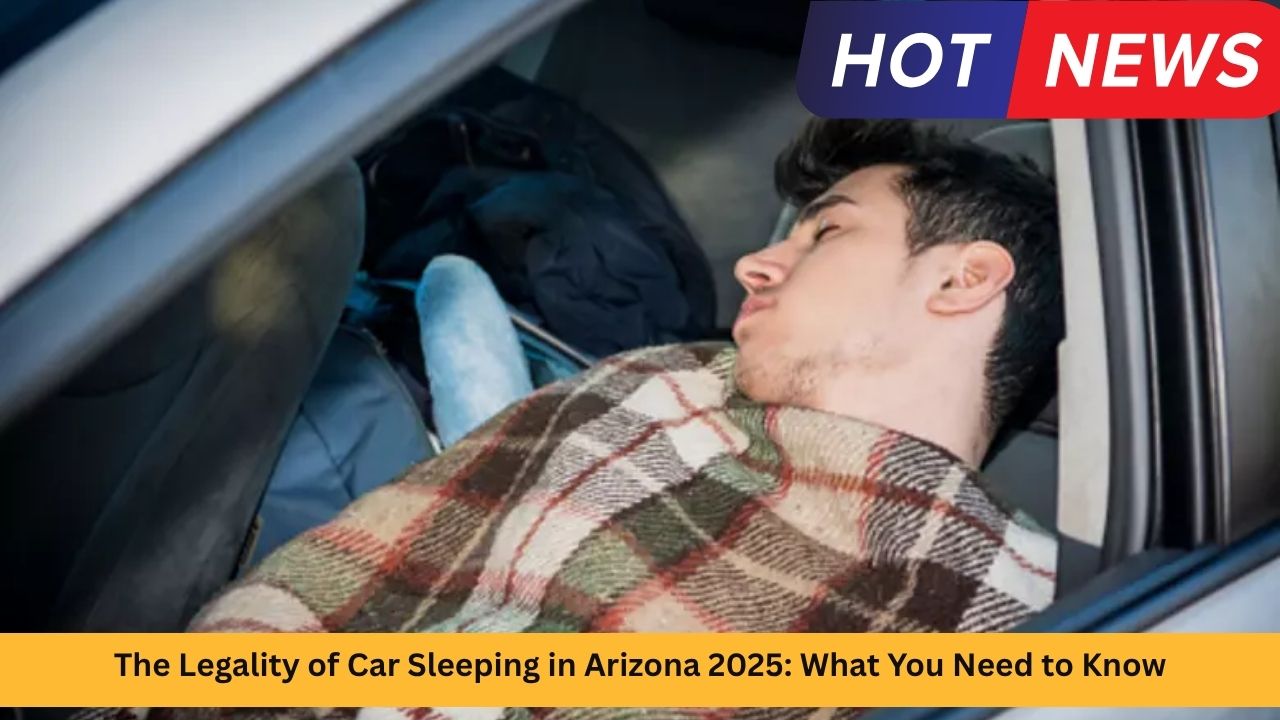

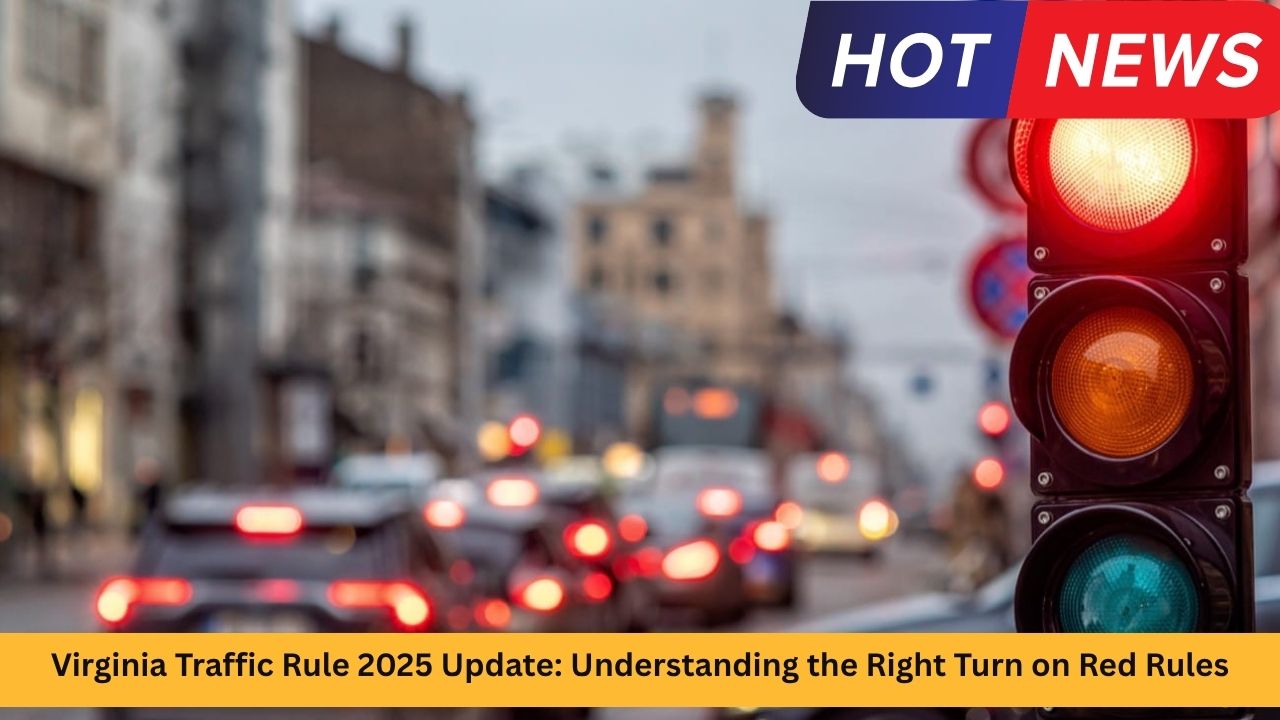

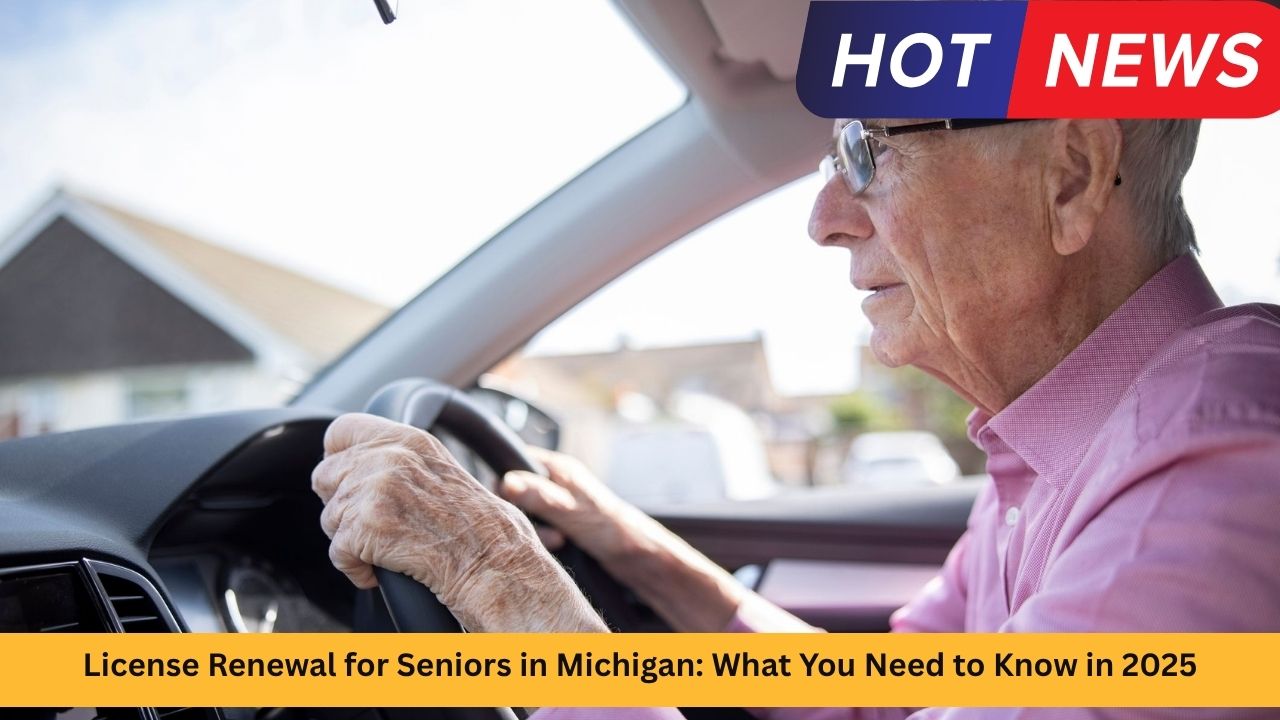


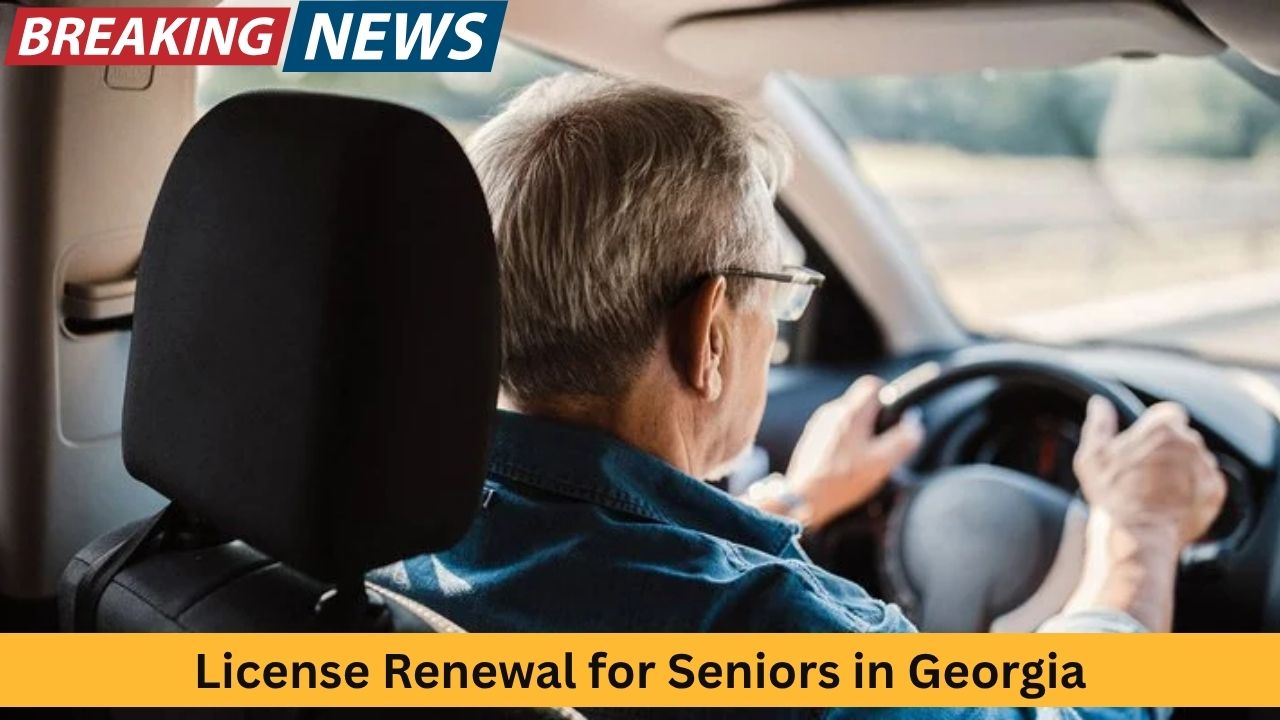
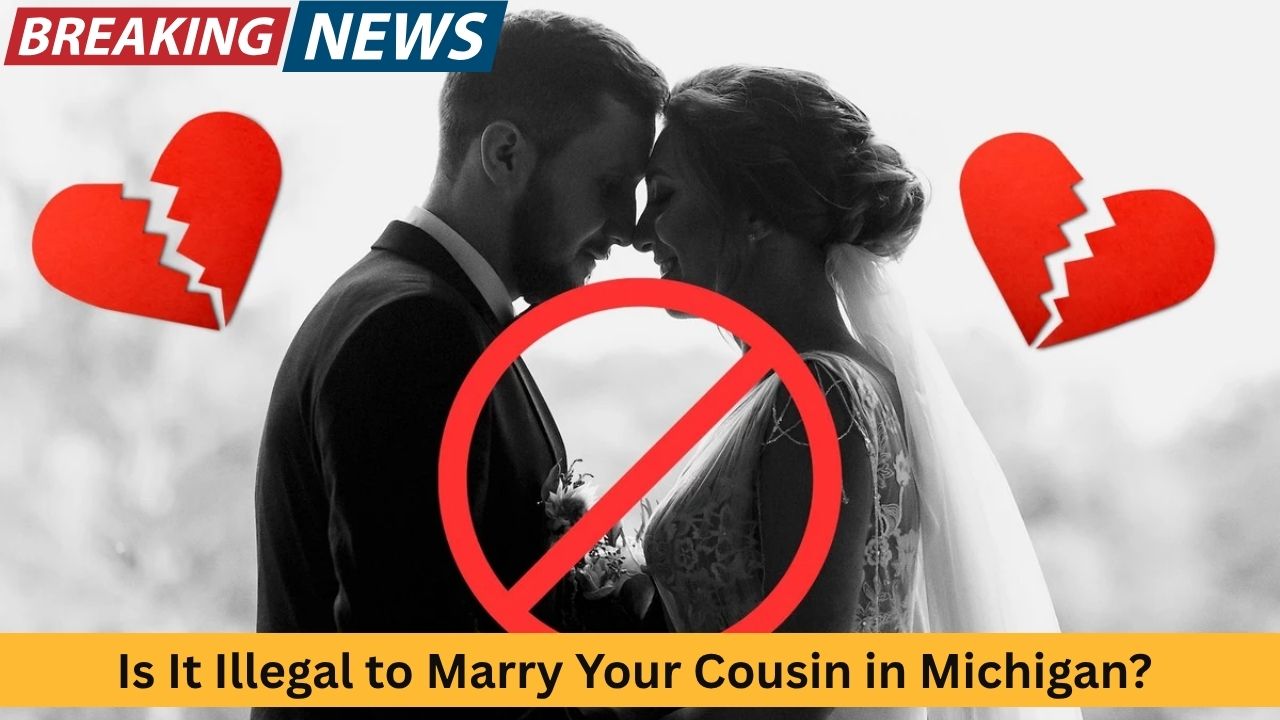
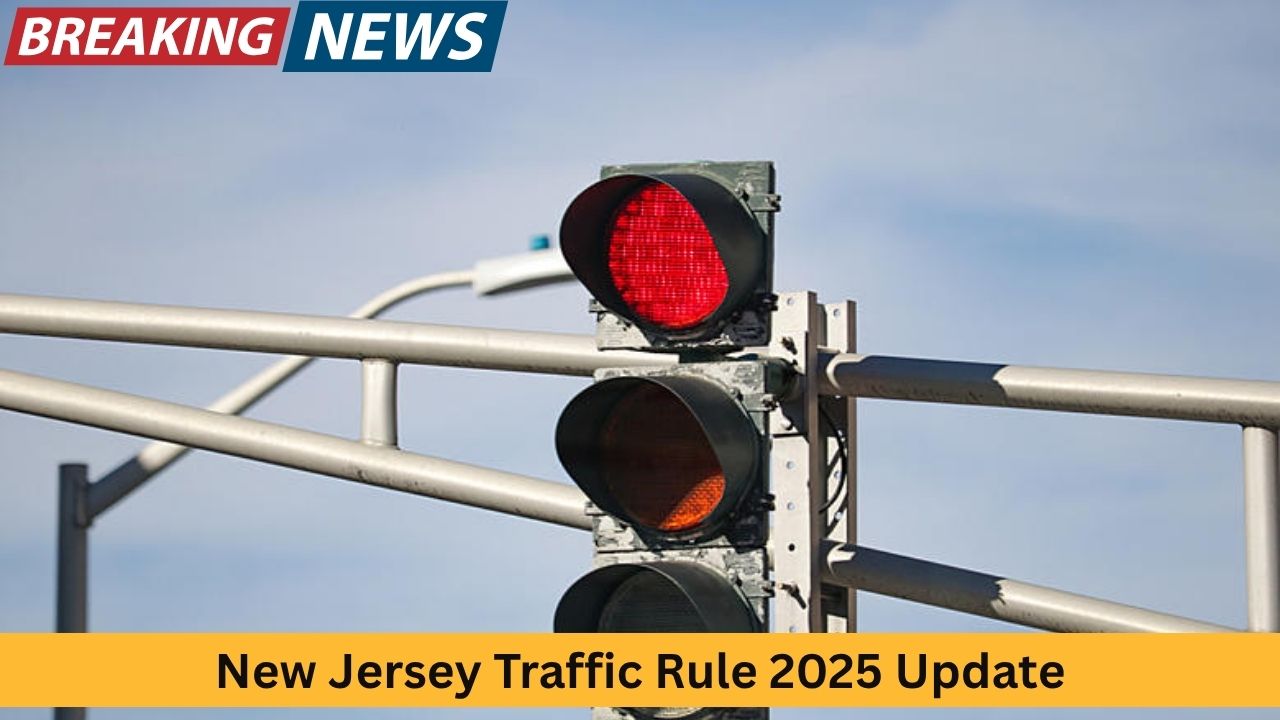

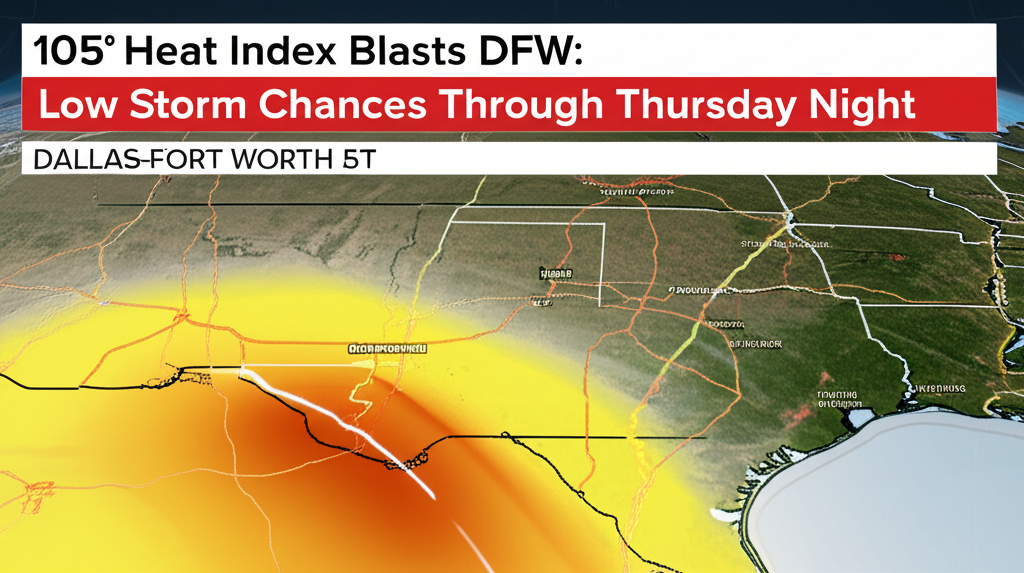
Leave a Reply